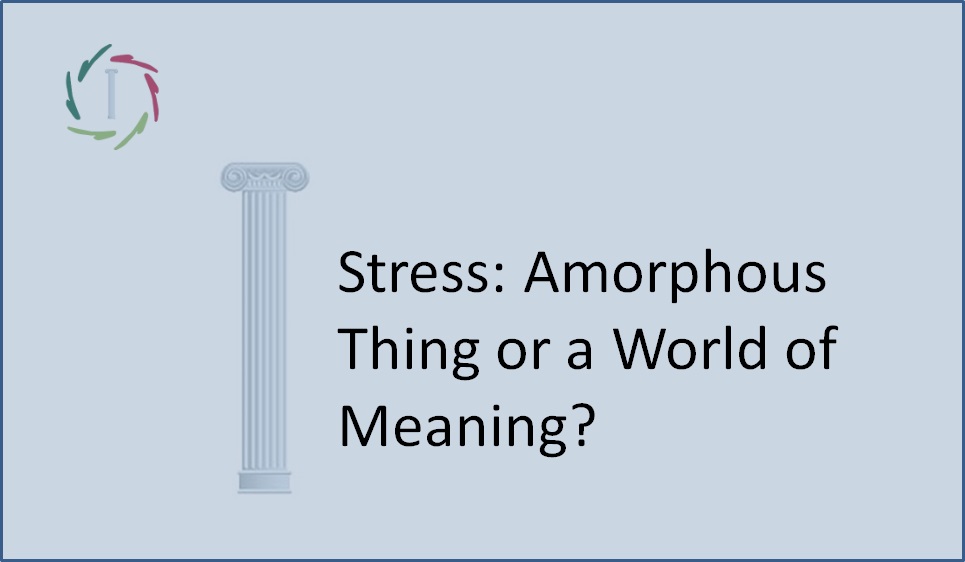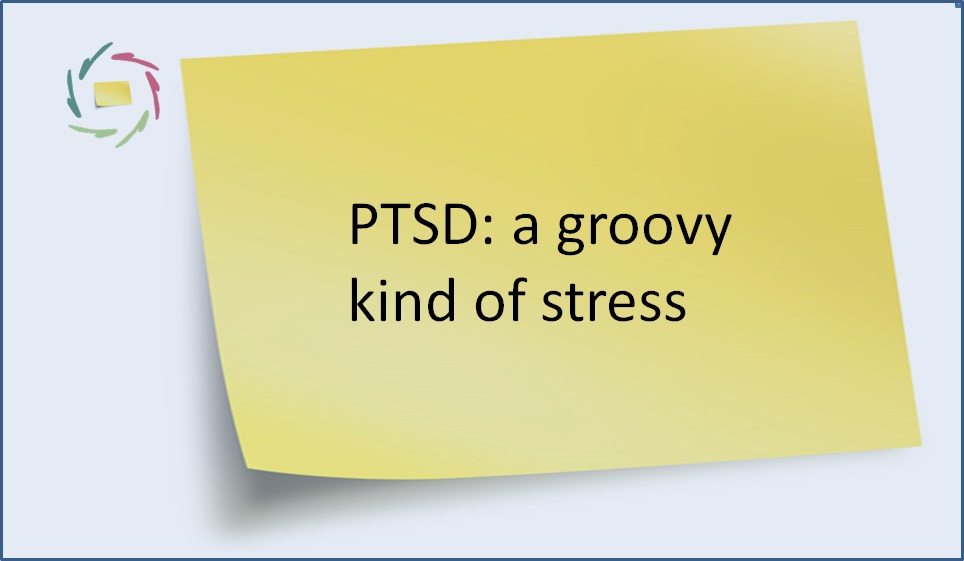Transforming Stress into Challenge.

A challenge is something you can fight FOR. You can fight to achieve it. (Di)stress is the result of a fighting-AGAINST. Going from latter to former is a change of fight.
When stress becomes negative, there is always a ‘fighting against’ involved. Some examples:
- A child has examination stress because it fears being punished for bad grades. This punishment may for instance be a lack of esteem by a parent, or an open disdain. The child fights against the prospect of very bad feelings because of this.
- An employee may be stressed for not reaching a deadline and the consequence: not getting that promotion, feeling dejected and socially ‘hurt’. The employee fights against the situation as well as against the prospect of consequences.
- A nurse may feel stressed by overwork, not being able to give her patients the care she wants to. In her heart, this feels like an aggression towards her patients and eventually towards herself. There is ‘hurt’ involved, probably more than present-day science acknowledges. The nurse fights against the situation and the hurt.
As in these examples, it’s not always evident to take out the AGAINST-factor. Yet it’s important enough since if one manages to take it out, stress loses its sting. However, taking out all underlying energy also takes out motivation. Child, employee, nurse… become de-motivated.
Logically, one should not take out the fighting, but the AGAINST and turn it into a fighting-FOR.
A proper term related to this fighting-FOR is ‘challenge’.
This may turn a situation from:
You fight AGAINST difficulties.
into:
You fight FOR a goal and then difficulties may arise, which you want to overcome.
Note that in this, attitude and perceptions are the key. Circumstances are important and so are you.
As a concrete example: a hotel receptionist is not flexible to your wishes at arrival with your wife and kids. You can either:
- show yourself to be caring FOR your wife and kids.
The hotel personnel will see this and delight. You have a higher chance they cooperate. If they don’t, then you don’t start fighting against them. Keep your goal. Broaden it if you see how. In the meantime, also your wife and kids will be delighted and proud of you. They feel your caring for them and for a nice vacation.
- fight AGAINST the hotel personnel
Your wife and kids will not feel to be in the center of your attention. Instead, your fight is in the center. The personnel will try to fight back if they can. They also don’t see in this your family as goal. You don’t see them fighting FOR a nice vacation but AGAINST… you.
In the second situation, everybody is at risk of getting (di)stressed. Not so in the first. Note that this is independent of circumstances and outcome. Again, this doesn’t mean these are unimportant but they are only parts of a total happening.
The principle is quite simple: avoid the AGAINST and search the FOR.
This may turn a lot of distress into challenge, at yourself and also at others. If you are a leader at work, you can look for issues that others might fight AGAINST. In order then to avoid this fight, strive to give room for expanding goals and how to reach them. As a consequence, your people strive FOR goals, not AGAINST obstacles. The situation and their perceptions are one whole that you can manage.
A boss leads to distress. A leader leads to challenges.
This is not the end regarding efficiency and effectiveness, but it’s a very good start.


